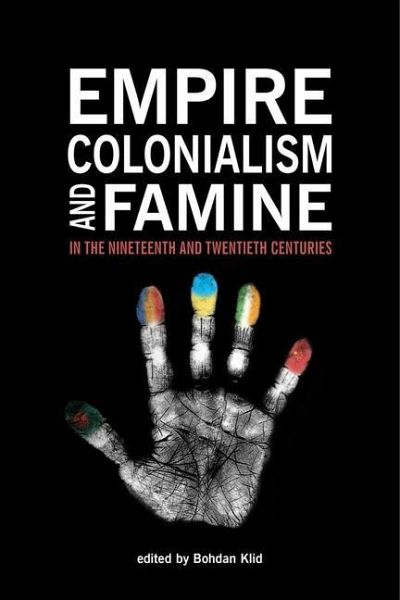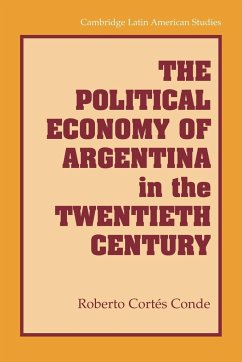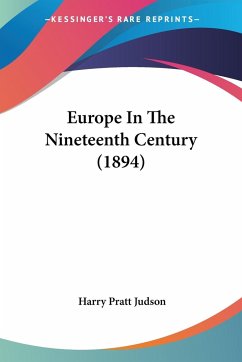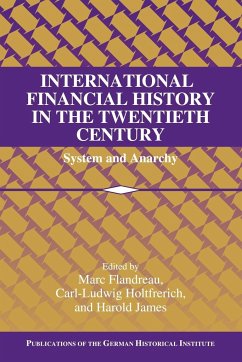
Empire, Colonialism, and Famine in the Nineteenth and Twentieth Centuries
Versandkostenfrei!
Versandfertig in über 4 Wochen
29,99 €
inkl. MwSt.

PAYBACK Punkte
15 °P sammeln!
"The essays in this volume examine the often overlooked connections between empire building, imperial rule and famine. Topics addressed include famines in Soviet Ukraine, British-ruled Ireland and India, and Mao's China as well as famine and food policies during World War II connected to empire-building in occupied Ukraine and Moldova."--








![Gleanings From the Nineteenth Century [microform] Cover Gleanings From the Nineteenth Century [microform]](https://bilder.buecher.de/produkte/65/65545/65545792n.jpg)



